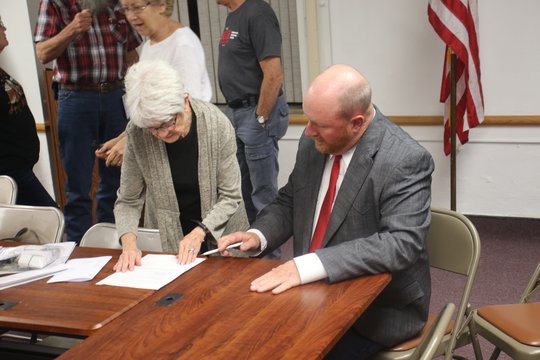Administration Launches Controversial MedBed Technology Amid Fanfare

The administration has introduced a new healthcare initiative known as the MedBed, a technologically advanced healing pod that claims to address a wide range of ailments, from arthritis to broader societal issues. This announcement, which took place on March 15, 2025, has generated both excitement and skepticism as citizens flock to secure their MedBed cards, only to learn that access involves a loyalty oath, a biometric scan, and a waiver relieving billionaires of any wrongdoing.
During the unveiling event, former President Donald Trump stood beside a hologram of George Washington, who appeared to approve of the new technology. The crowd responded enthusiastically, chanting “Heal Me Daddy” as fireworks lit up the sky, spelling out “No More Co-Pays.” The MedBed operates on a concept described as “quantum plasma infused with patriot DNA,” which has drawn considerable attention.
FDA Approval and Mixed Endorsements
While the technology awaits FDA approval, it has received backing from several professionals, including three chiropractors and an individual named Ron. This endorsement has helped to bolster public interest, although many remain concerned about the validity of the claims surrounding the MedBed’s capabilities. The promotional materials warn of potential side effects, including temporary hallucinations related to justice and an increased desire to invest in non-fungible tokens (NFTs).
Critics have pointed out that the fine print reveals the MedBed will only be available in certain states, particularly those with a more conservative political lean. Access to the technology requires a pledge of allegiance not only to the flag but also to its corporate sponsors. Furthermore, the initiative explicitly states that no one will be held accountable for issues such as poverty, racism, or judicial misconduct that may arise during the treatment process.
Testimonials and Public Response
Despite the controversy, testimonials have begun to surface, with one individual recounting their experience of entering the MedBed with a broken leg and leaving with a newfound interest in podcasting. Another user who reportedly still has a tumor claimed that the experience made him feel more patriotic. These narratives are fueling public curiosity, although many individuals are approaching the initiative with caution.
The MedBed’s introduction raises significant questions about the intersection of health technology and political ideology. As the administration pushes forward with this initiative, the implications for healthcare access and corporate influence on public health remain to be seen. With the MedBed set to reshape discussions around healthcare, many are waiting to see how these developments will unfold in the coming months.






